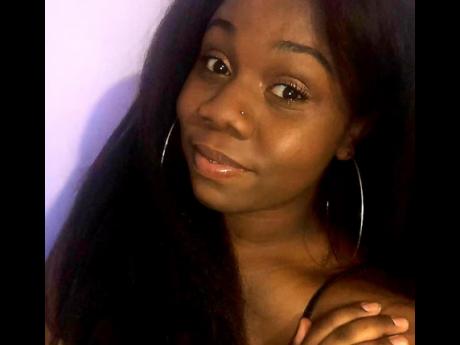‘Barrel Children’ to be screened in Jamaica
BRITISH JOURNALIST Nadine White’s documentary, Barrel Children: The Families Windrush Left Behind, will be screened on Friday, February 23 at 10A West King’s House Road in St Andrew at 6 p.m. This is the first screening in Jamaica.
The term ‘barrel children’ is used to refer to children who receive material things packed in barrels from their parents who had settled abroad mainly for employment purposes. The term is said to have been coined in the 1990s by academic Dr Claudette Crawford-Brown.
The situation was prevalent in the 1950s and ‘60s when such parents migrated to rebuild Britain after World War II. The Empire Windrush was one of the ships that took Caribbean people to Britain starting in 1948. It was a time when electronic communication technologies were nonexistent in the homes of those left behind. Letters and the barrels were the only connection between the migrated and their families and relatives. And the impacts were devastating on many levels.
White said, “The impact of serial migration upon black Caribbean families has yet to be robustly explored in the national conversation around Windrush. For the first time in British cinematic history, this film will highlight these underexplored perspectives.” Thus, the film explores “the children’s stories of reconciliation and rediscovery within a new world that made little sense to them”.
“Nadine White’s debut documentary, Barrel Children: The Families Windrush Left Behind, peels back the layered tales of the Caribbean youngsters who grew up away from their Windrush parents before migrating to join them in Britain,” a release said.
The film features interviews from a number of former ‘barrel children’ including Neil Kenlock, the founder of Britain’s first black radio station, Choice FM; renowned reggae, music producer Blacker Dread; former BBC broadcaster Evadney Camp bell MBE; academic Dr Elaine Arnold MBE, and more.
Opened in London last year June, it is hailed as a “must-watch” by Barbara Blake-Hannah, Britain’s first black television reporter, and Britain’s first black woman member of parliament, Diane Abbott, who described the documentary as “a moving film about the young children that the Windrush migrants to the UK left behind and the effects of that involuntary separation”.
White is a multi-award-winning journalist who joined The Independent as Britain’s first race correspondent in March 2021 where she reports on stories around and within Black, Asian and minoritised communities. She previously worked at HuffPost UK and The Voice, Britain’s longest-running black newspaper.
She is a former Forbes 30 Under 30 honoree, who won the Paulette Wilson Windrush Award for her reporting on the Windrush scandal in 2020, after becoming the first black reporter to be shortlisted for the prestigious Paul Foot Award in its decades-long history of recognising investigative reporting. Her work has also been acknowledged in the UK parliament, by the British Journalism Awards and Amnesty International, the world’s leading human rights organisation.
It is estimated that at least 90,000 children were left behind in the Caribbean during the Windrush era, demonstrating the scale of this phenomenon. Baroness Floella Benjamin OBE, chair of the government’s Windrush Commemoration Committee, said, “I was one of those ‘left behind’ Windrush children. I survived because my parents showered love on me before they left me so I could face the trauma. This is such an important story that needs to be heard.”
White herself has a parental connection to the ‘barrel children’ narrative. “This has been a five-year-long labour of love, inspired by my late father who was a ‘barrel child’, and I am delighted that people will finally get to see the documentary in its full form … It is evident that the common experience of being ‘left behind’ and this phenomenon’s psychological, emotional and social impact is still being felt in various ways across different generations within the Caribbean diaspora,” she said.
This special free screening, facilitated by Justine Henzell, is supported by The University of the West Indies, the Centre for Reparation Research, the Jamaica Film and Television Association and Brixton Heights CIC. A short question-and-answer session will follow the viewing.

